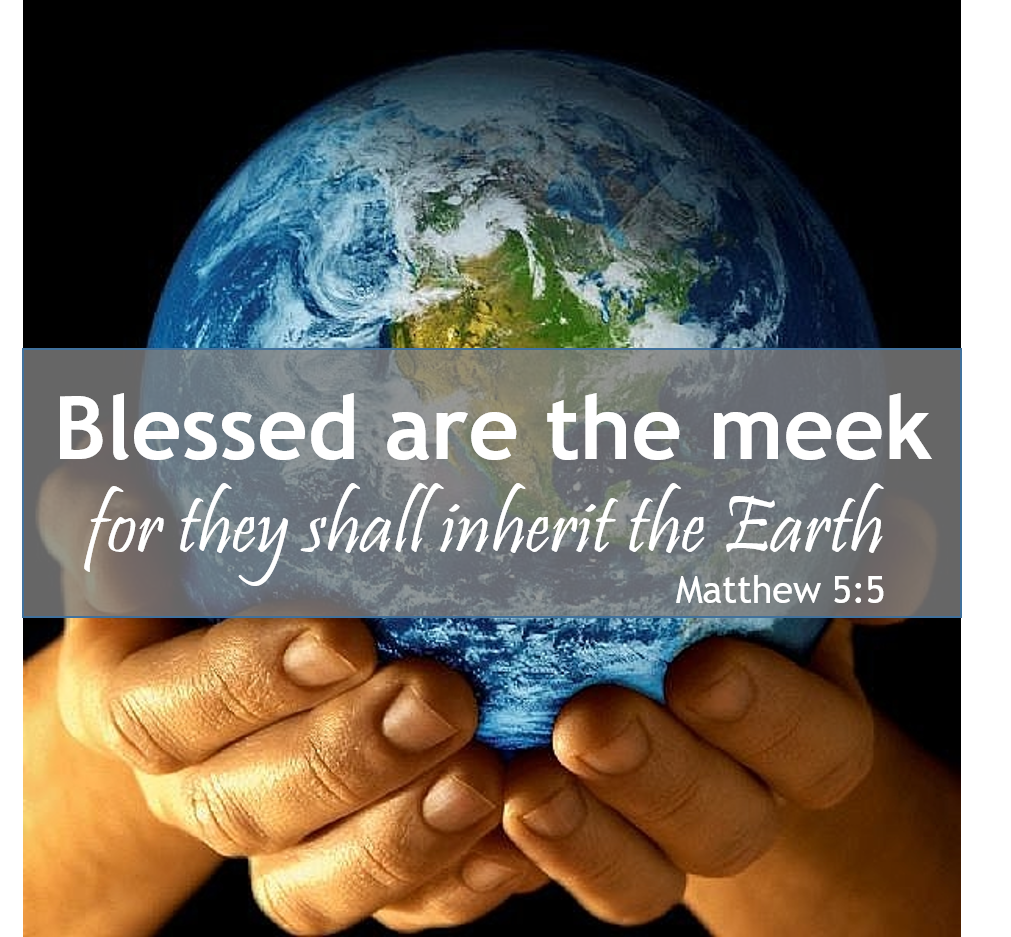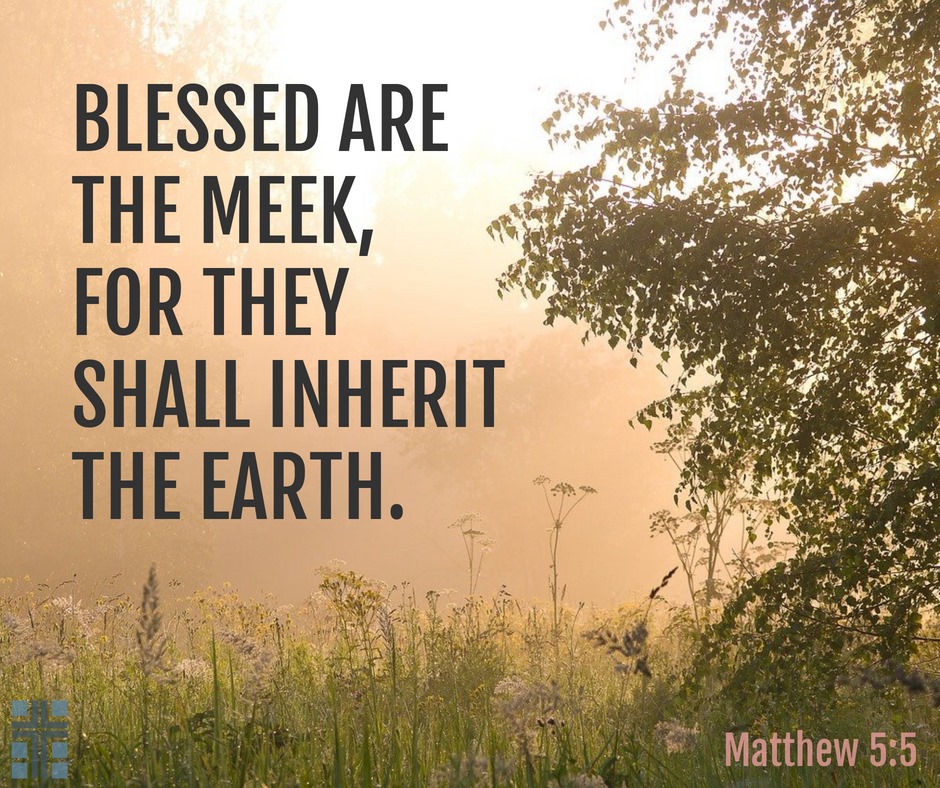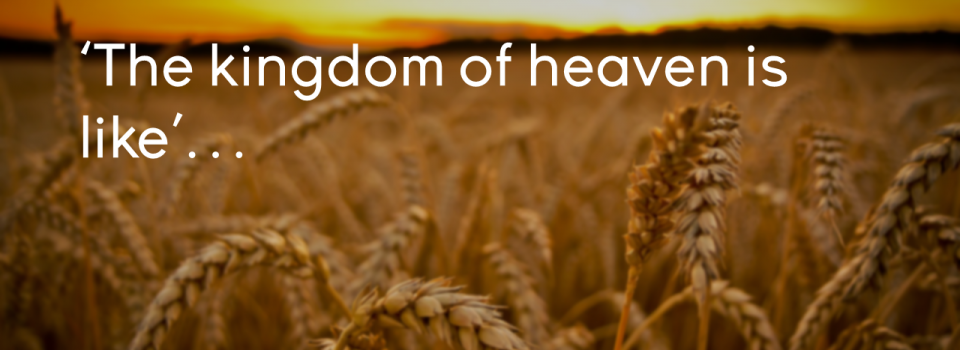Lenten Devotional – Sat, Mar 6: EARTH
As heirs of earth, we are called to a sustainable view of our role. God has given the home of humanity into the keeping of those who are humble and nonviolent, yet those who will stand for what matters to all of us. Indeed, the fate of our human home, God’s creation, is at stake. […]




